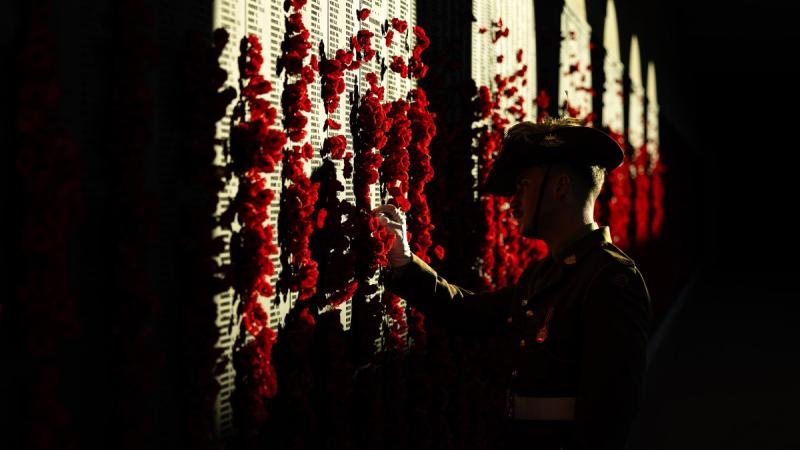
She was a collared wongari (dingo) in the public spotlight after a series of negative interactions on K’gari (Fraser Island), but she has proved that there is a normal life after a collar.
With the school holidays fast approaching, and more than 12,000 people booking camping areas on the island, the wongari’s history is a timely reminder for people to be dingo-safe on K’gari.
Ranger in Charge Linda Behrendorff said the wongari, which became known by her ear tag identifier RYellow18F, was fitted with the tracking collar in July 2019.
“Queensland Parks and Wildlife Service rangers fitted her with the tracking collar to help manage her behaviour and people’s behaviour around her,” Ms Behrendorff said.
“We were able to track her movements, and that allowed us to temporarily close camping areas to assist in monitoring the behaviour of people and the wongari.
“It was clear to rangers that she had been fed, because she had lost her natural wariness of people and would approach camping areas and people for food around Eli Creek.
“She wore the tracking collar for more than a year, including during the COVID-19 island closure, and it was removed remotely in August 2020.
“Analysis of the data showed she ventured inland when the island was closed to tourists and began to source her own food.
“Through our management of people around Eli Creek, her high-risk behaviour decreased and she has now reached breeding age where wongari risk behaviour settles down.”
Ms Behrendorff said her interactions continued to decrease, and she hadn’t been seen by rangers until recently.
“She was denning, has had pups and we hope to see her young out and about around the end of September or early October,” she said.
“Her young are the next generation, and it is up to the visitors and residents of the island to ensure her pups don’t have the same human tolerant/habituated youth their mother had.
“Don’t approach wongari and don’t deliberately or inadvertently feed them, not just during the school holidays, but any time you’re on the island.
“Her transformation from a fed juvenile to a cautious adult shows that tracking and camera collars are an important management and conservation tool.
“QPWS rangers are committed to supporting wongari conservation, and will manage the actions of people and wongari to mitigate the risk of negative interactions.
“The story of RYellow18F highlights the damage that residents and visitors to the island can cause when they interact with wongari or deliberately or inadvertently feed them.”
Dingo-safe tips:
- Always stay close (within arm’s reach) of children and young teenagers
- Always walk in groups
- Camp in fenced areas where possible
- Do not run. Running or jogging can trigger a negative wongari interaction
- Walk with a stick
- Never feed wongari’s
- Lock up food stores and iceboxes (even on a boat)
- Never store food or food containers in tents, and
- Secure all rubbish, fish and bait.
Vision and photos are available from our Media Centre.






